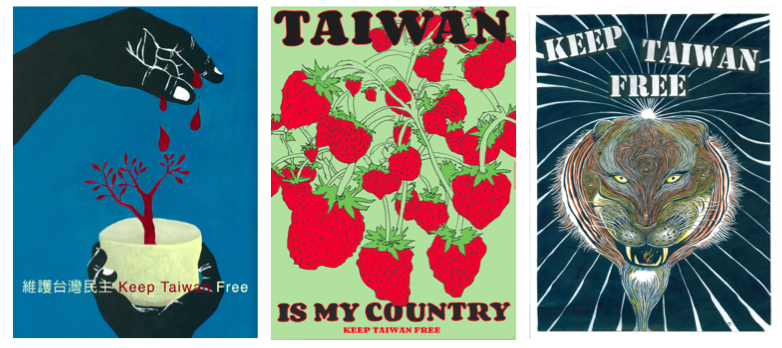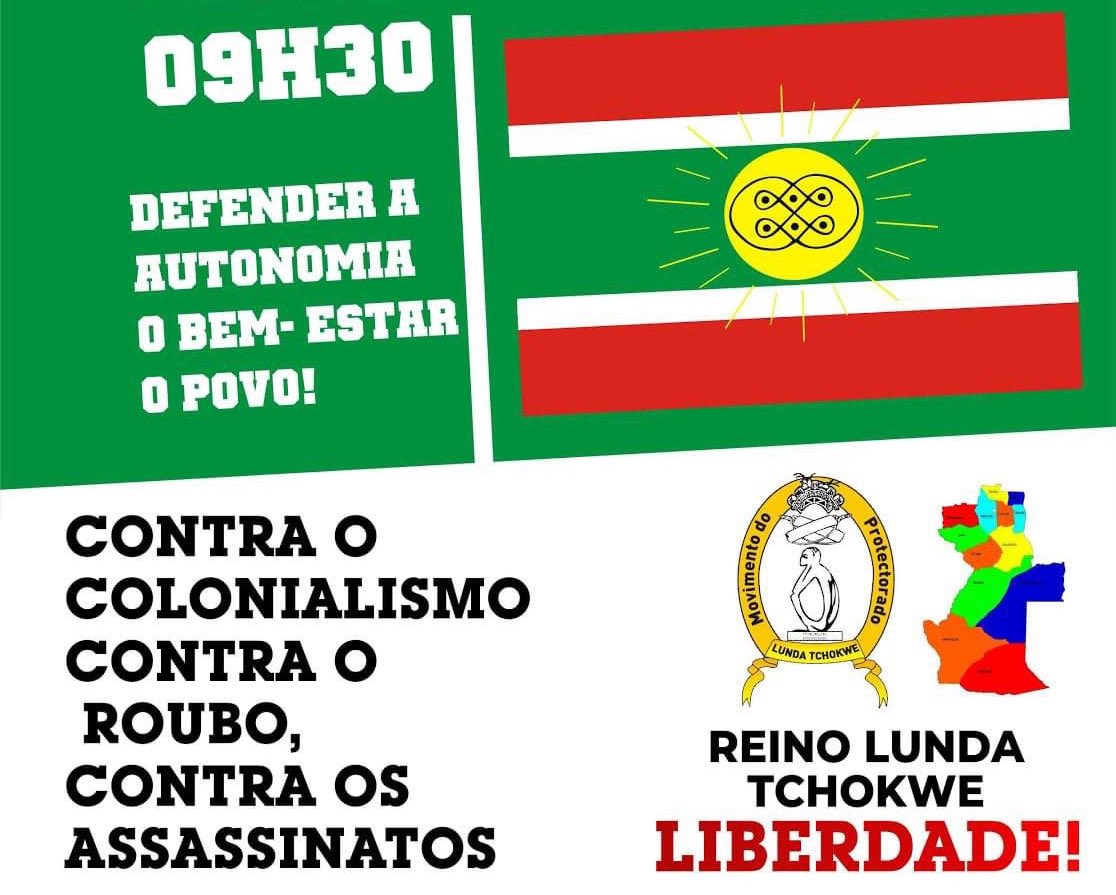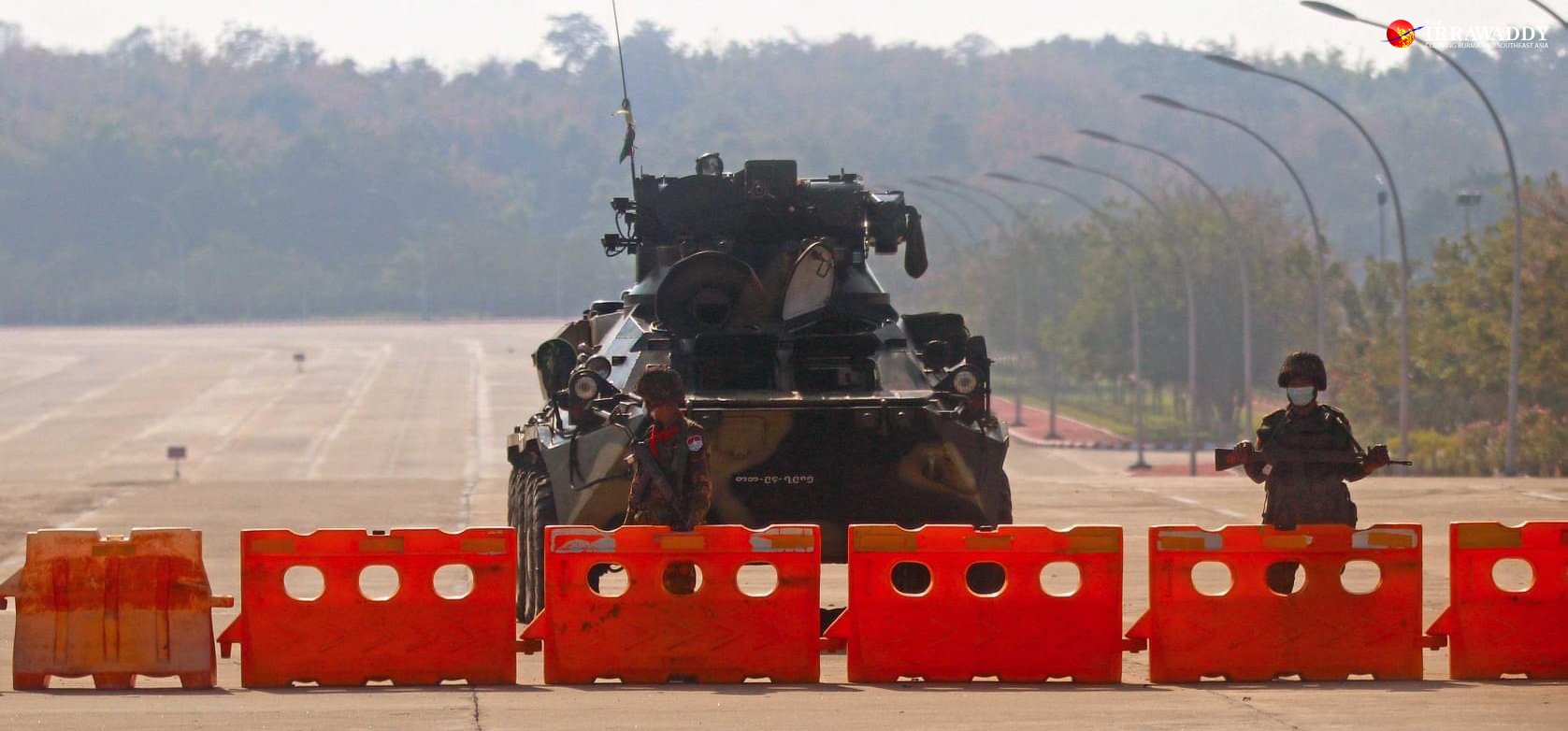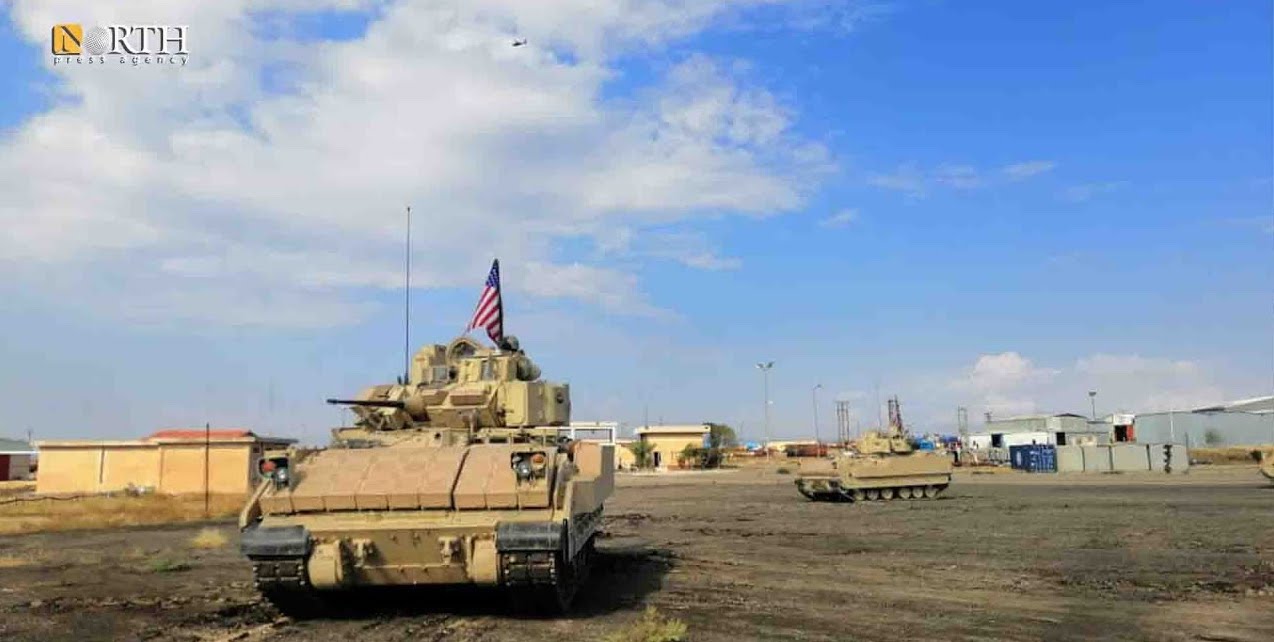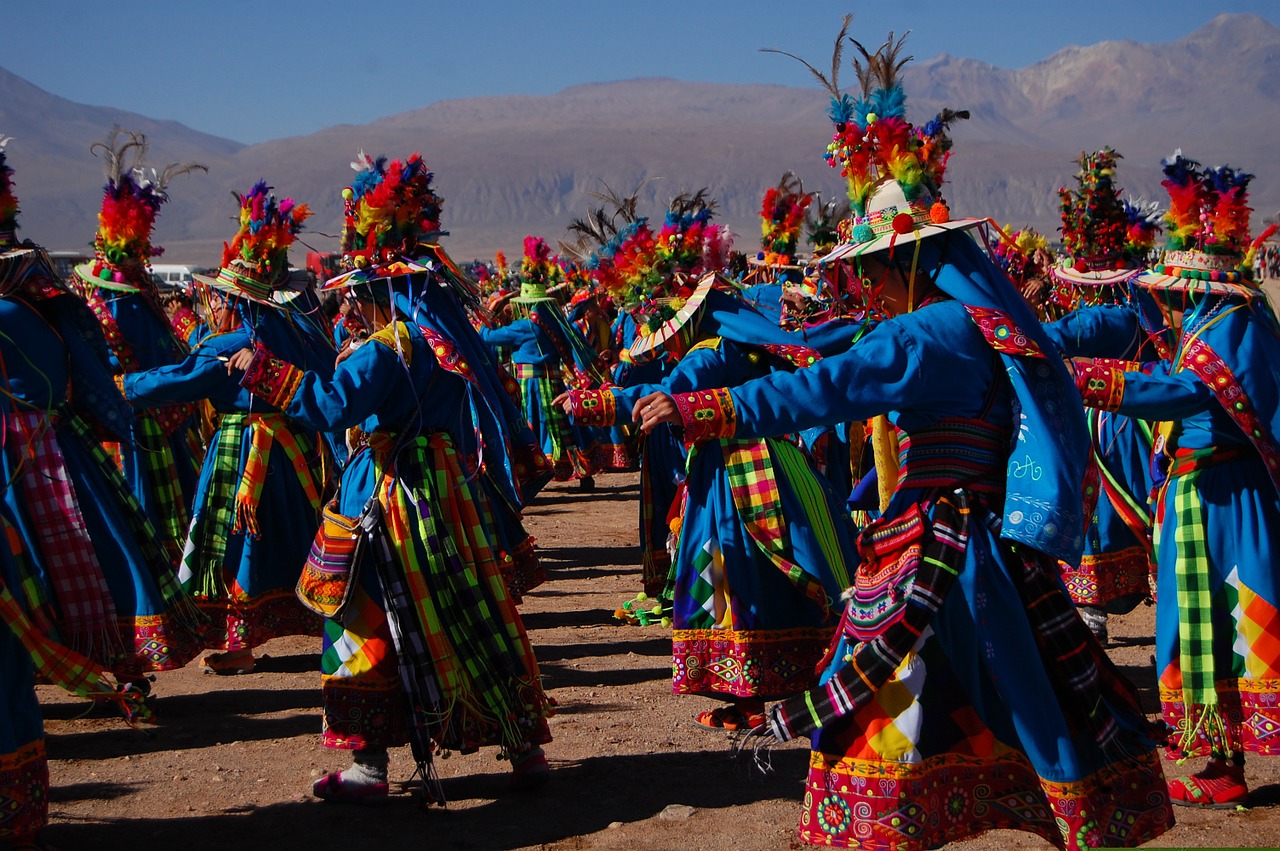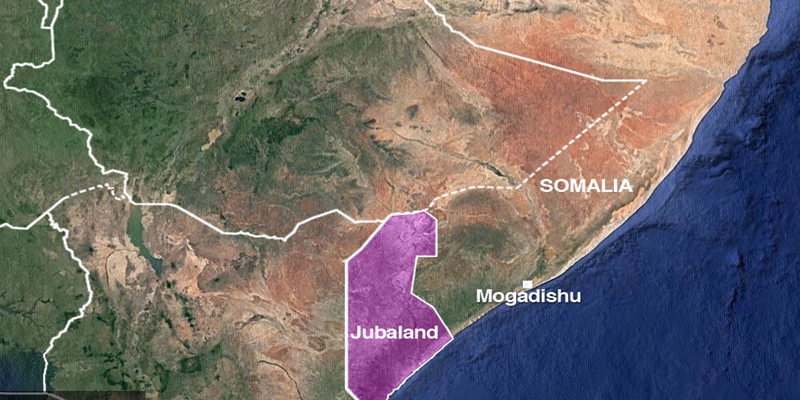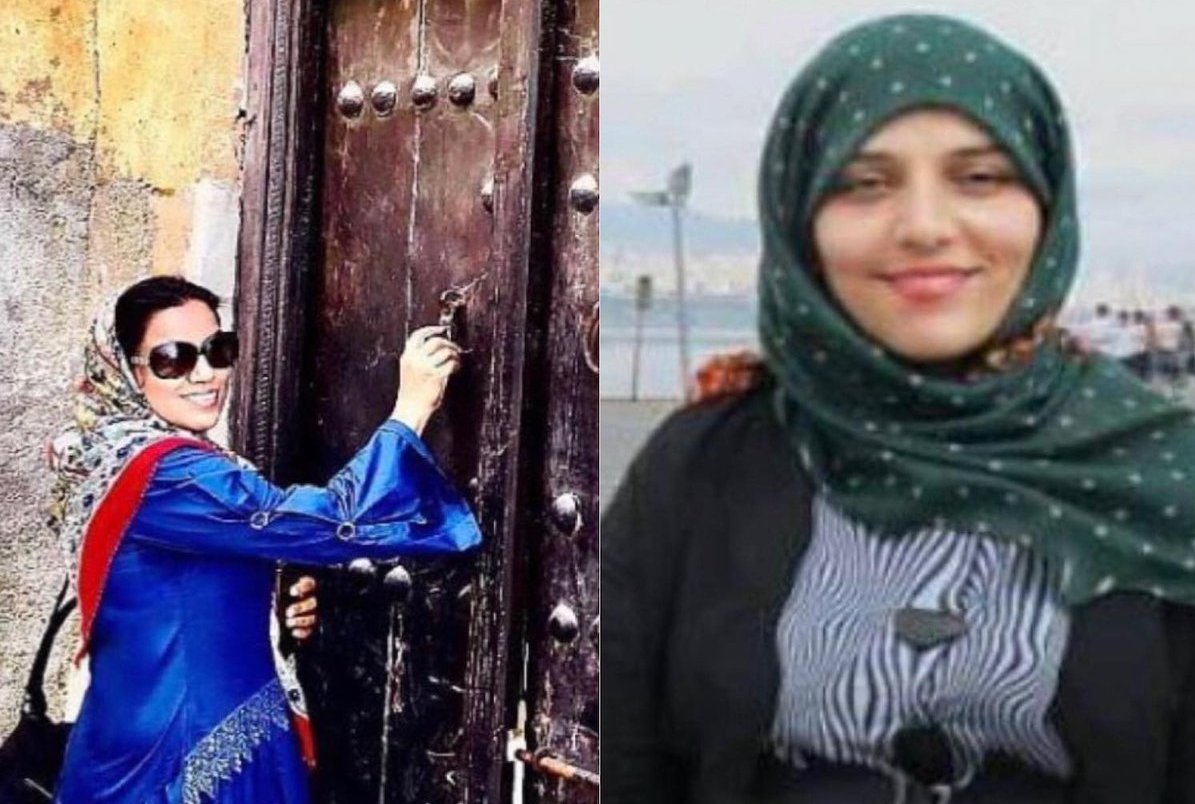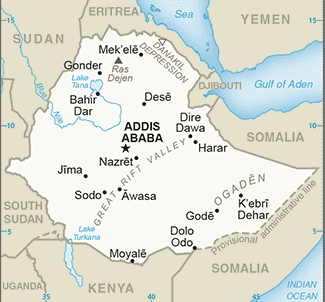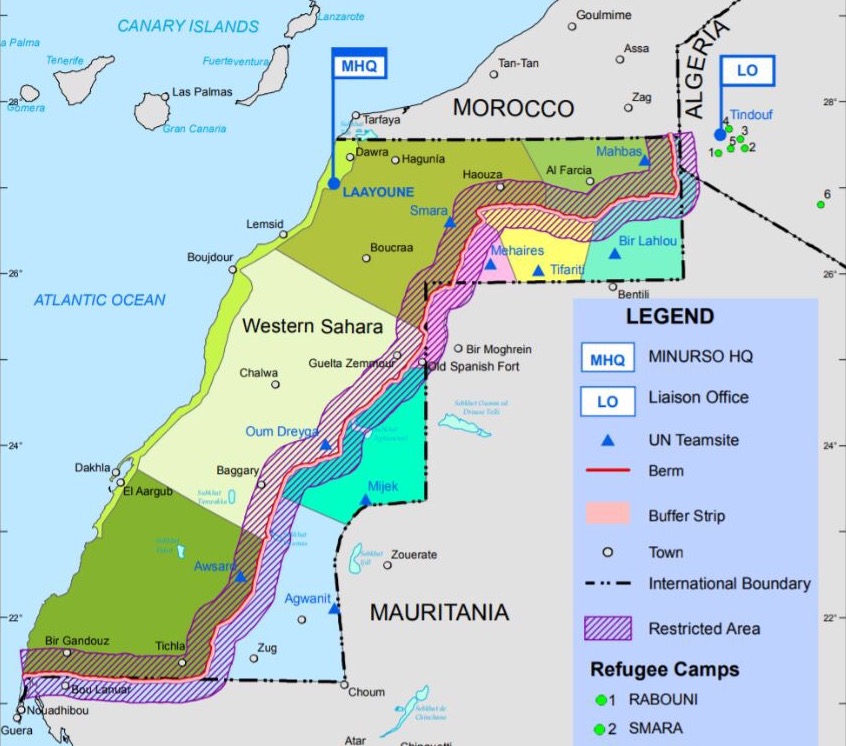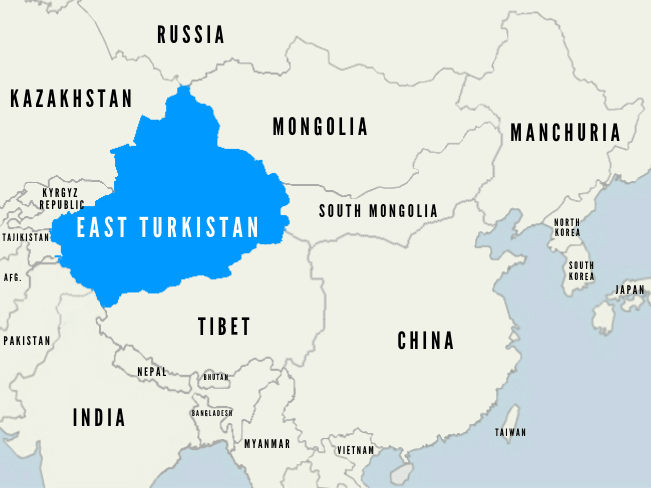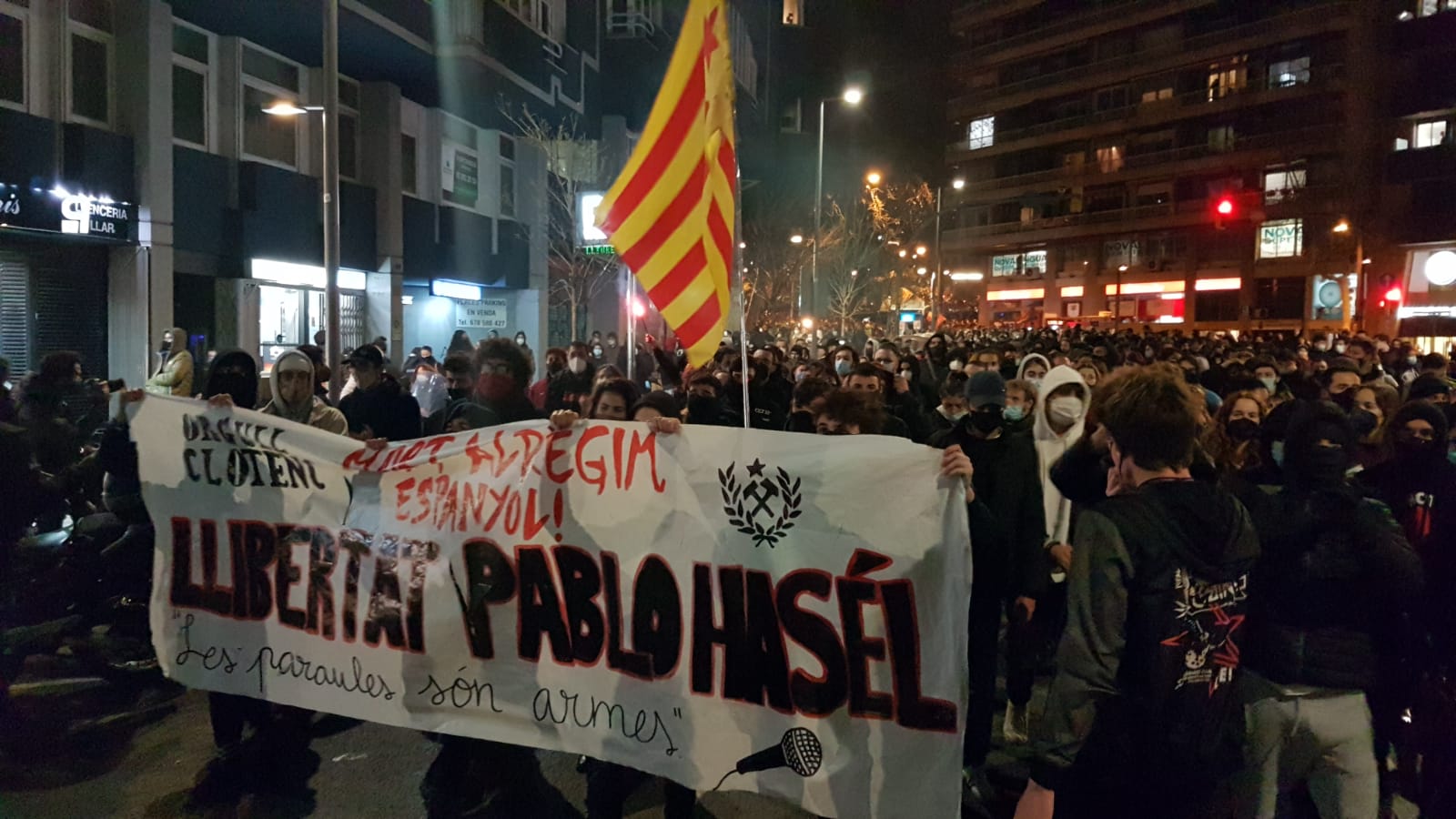
Spain: protests follow arrest of Catalan rapper
The arrest of Catalan rapper Pablo Hasél on charges of glorifying terrorism and insulting the monarchy has sparked angry protests in Barcelona, Madrid, Valencia and other Spanish cities. Facing charges in relation to his tweets and song lyrics, Hasél barricaded himself alongside supporters inside Catalonia’s University of Lleida. His supporters sprayed fire-extinguishers at troops when the building was raided by the Catalan police force, the Mossos d’Esquadra. As he was led away, supporters shouted, “They will never silence us; death to the fascist state!” Hasél was turned over to Spanish authorities to begin serving a nine-month term. Angry protests immediately broke out, with several demonstrators arrested that night. Protests have continued throughout the week. (Photo: Wikimedia Commons)



